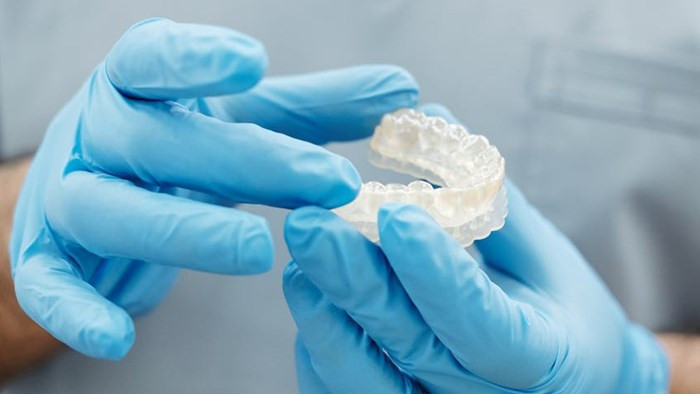3 Key Biomedical Materials
3 Key Biomedical Materials – Ultrasonic Nozzle – Cheersonic
Biomedical materials refer to new high-tech materials that can diagnose, treat, repair, replace diseased tissues, and reconstruct organ functions for living organisms. As an interdisciplinary research field of materials and biomedicine, the research and development of biomedical materials is inseparable from the material discipline.
The material structure determines the performance, and the performance leads to clinical application, and the results of clinical trials will propose new optimization goals for the material structure. According to different material structures and properties, biomedical materials can be divided into medical metal materials, ceramics and polymer materials.

Biomedical Metal Materials
Medical metal materials are a class of alloys or metals used as biological materials, also known as surgical metal materials. It is a kind of biologically inert material with outstanding comprehensive mechanical properties (strength, plasticity, toughness, hardness, fatigue, wear, bending, torsion, etc.) Widespread attention from the majority of related material workers, clinicians, medical device manufacturers, etc. It has now become the main raw material for the repair and replacement of hard tissues such as teeth and bones, cardiovascular and soft tissue repair, and the manufacture of artificial organs.
Biomedical ceramic materials
Biomedical ceramics refer to the restoration or enhancement of body functions by implanting into the human body or in direct contact with human tissues, and are made of natural or synthetic powder compounds through molding and high-temperature sintering. A polycrystalline solid material composed of compounds. As a clinical medical implant material, bioceramics must have the following conditions: good mechanical properties, biocompatibility, excellent affinity with biological tissues, anti-thrombosis, no inflammation or self-sterilization and good physical, chemical stability.
Biomedical polymer materials
Biomedical polymer materials refer to a class of natural or synthetic materials that can be used in the manufacture of repair or replacement of human tissues and organs, external medical consumables and medical devices, and various diagnostic equipment, non-toxic and harmless, and have excellent biocompatibility. organic polymer. Since most of the human body is composed of organic lipids, proteins and polysaccharides, the research and clinical translation of biomedical polymer materials has always been an important topic. Scientists have predicted that in the future, all organs except the brain can be replaced by artificial ones. One of the important applications of biomedical polymer materials is to manufacture artificial organs, so their future clinical application market demand is huge, and the market value is immeasurable.
Cheersonic is the leading developer and manufacturer of ultrasonic coating systems for applying precise, thin film coatings to protect, strengthen or smooth surfaces on parts and components for the microelectronics/electronics, alternative energy, medical and industrial markets, including specialized glass applications in construction and automotive.
